Shantanu Chakraborty
Automated Peer-to-peer Negotiation for Energy Contract Settlements in Residential Cooperatives
Nov 26, 2019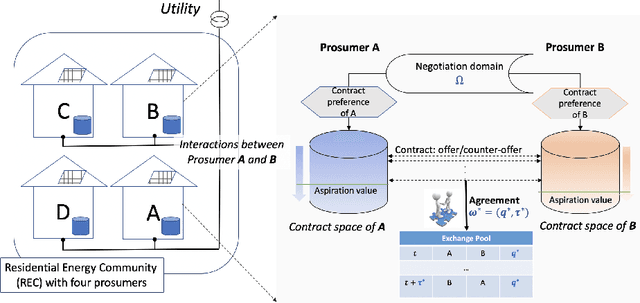

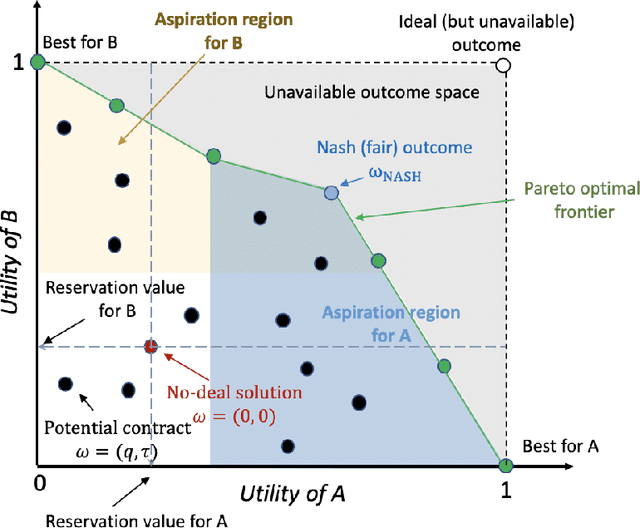

Abstract:This paper presents an automated peer-to-peer negotiation strategy for settling energy contracts among prosumers in a Residential Energy Cooperative considering heterogeneity prosumer preferences. The heterogeneity arises from prosumers' evaluation of energy contracts through multiple societal and environmental criteria and the prosumers' private preferences over those criteria. The prosumers engage in bilateral negotiations with peers to mutually agree on periodical energy contracts/loans consisting of the energy volume to be exchanged at that period and the return time of the exchanged energy. The negotiating prosumers navigate through a common negotiation domain consisting of potential energy contracts and evaluate those contracts from their valuations on the entailed criteria against a utility function that is robust against generation and demand uncertainty. From the repeated interactions, a prosumer gradually learns about the compatibility of its peers in reaching energy contracts that are closer to Nash solutions. Empirical evaluation on real demand, generation and storage profiles -- in multiple system scales -- illustrates that the proposed negotiation based strategy can increase the system efficiency (measured by utilitarian social welfare) and fairness (measured by Nash social welfare) over a baseline strategy and an individual flexibility control strategy representing the status quo strategy. We thus elicit system benefits from peer-to-peer flexibility exchange already without any central coordination and market operator, providing a simple yet flexible and effective paradigm that complements existing markets.
Robust Energy Storage Scheduling for Imbalance Reduction of Strategically Formed Energy Balancing Groups
Aug 30, 2016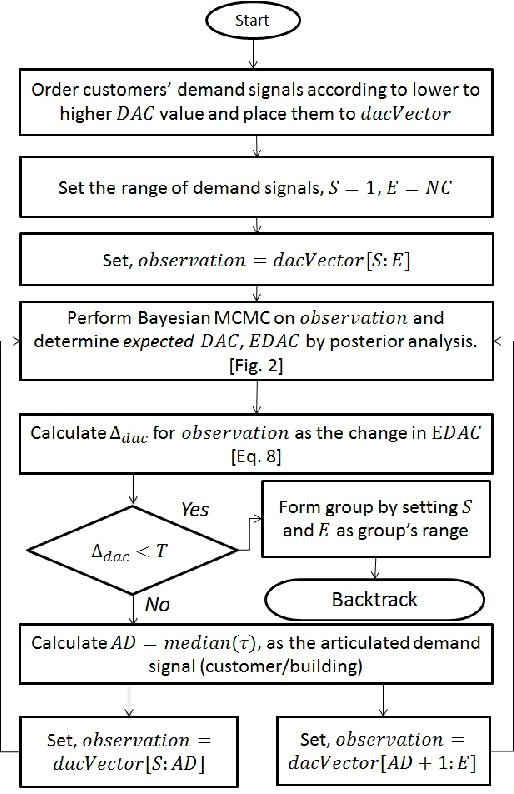
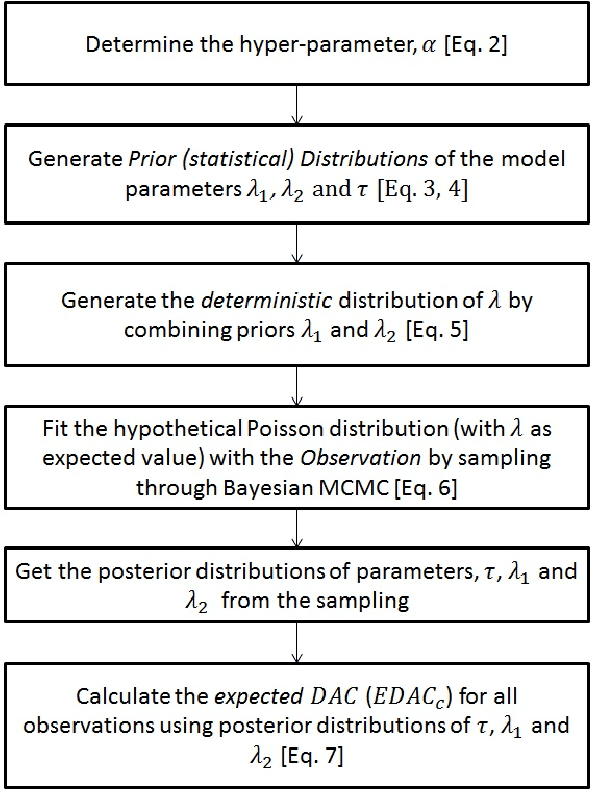
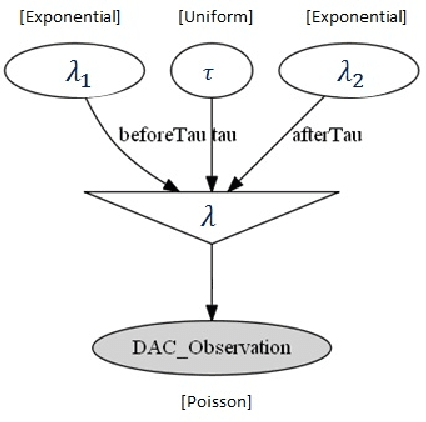
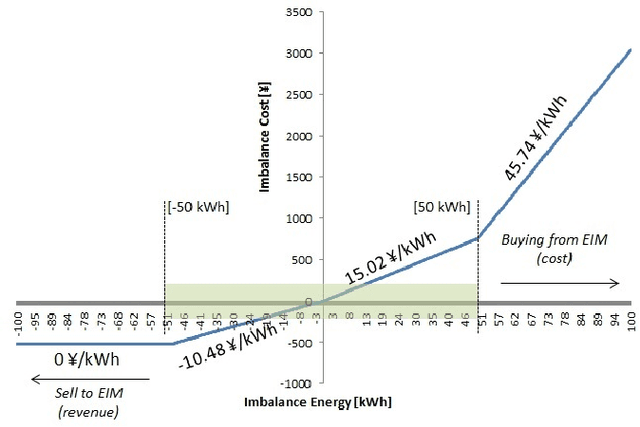
Abstract:Imbalance (on-line energy gap between contracted supply and actual demand, and associated cost) reduction is going to be a crucial service for a Power Producer and Supplier (PPS) in the deregulated energy market. PPS requires forward market interactions to procure energy as precisely as possible in order to reduce imbalance energy. This paper presents, 1) (off-line) an effective demand aggregation based strategy for creating a number of balancing groups that leads to higher predictability of group-wise aggregated demand, 2) (on-line) a robust energy storage scheduling that minimizes the imbalance for a particular balancing group considering the demand prediction uncertainty. The group formation is performed by a Probabilistic Programming approach using Bayesian Markov Chain Monte Carlo (MCMC) method after applied on the historical demand statistics. Apart from the group formation, the aggregation strategy (with the help of Bayesian Inference) also clears out the upper-limit of the required storage capacity for a formed group, fraction of which is to be utilized in on-line operation. For on-line operation, a robust energy storage scheduling method is proposed that minimizes expected imbalance energy and cost (a non-linear function of imbalance energy) while incorporating the demand uncertainty of a particular group. The proposed methods are applied on the real apartment buildings' demand data in Tokyo, Japan. Simulation results are presented to verify the effectiveness of the proposed methods.
 Add to Chrome
Add to Chrome Add to Firefox
Add to Firefox Add to Edge
Add to Edge